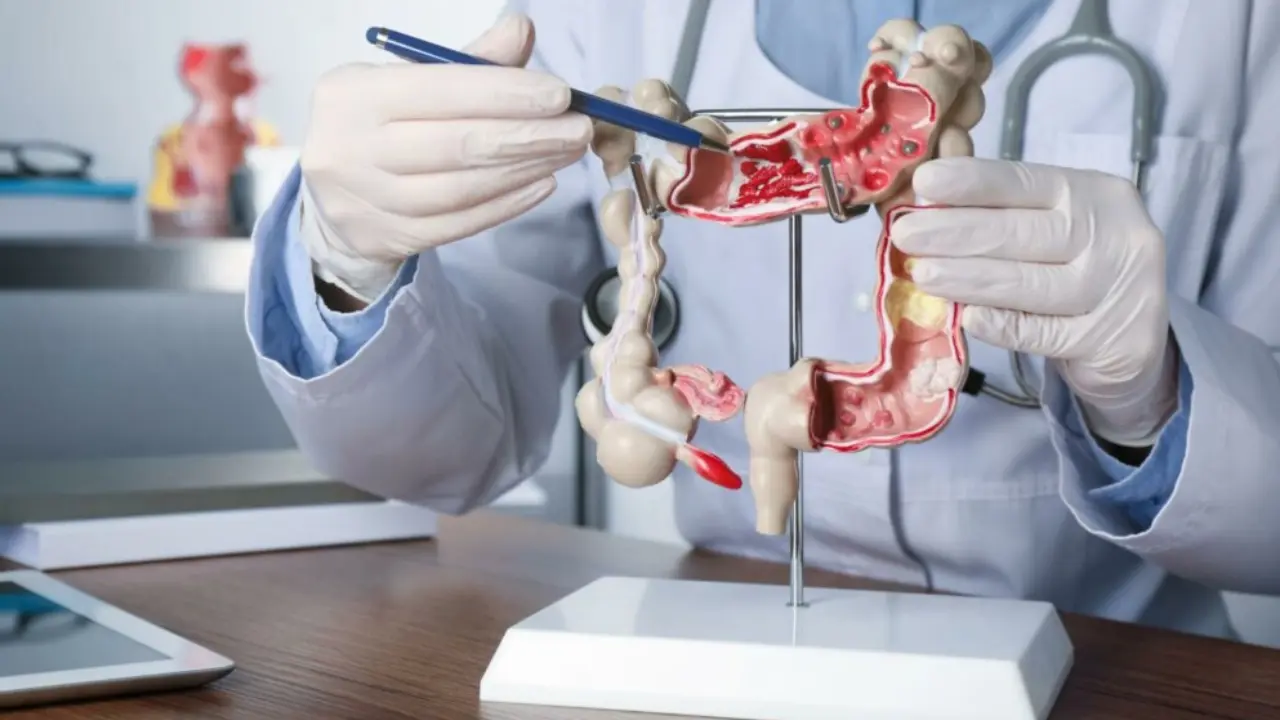
What Does a Gastroenterologist Do?

The human digestive system is complex, involving several organs working in harmony to process food, absorb nutrients, and eliminate waste. When something disrupts this balance, it often takes a specialist to find and fix the issue. That’s where a gastroenterologist steps in—someone trained specifically to understand and treat disorders of the gastrointestinal (GI) tract.
Specializing in the Digestive System
A gastroenterologist is a doctor who focuses exclusively on conditions affecting the stomach, intestines, liver, pancreas, esophagus, colon, and rectum. These organs play vital roles in digestion, and when one part malfunctions, it can lead to discomfort, nutritional problems, or even long-term disease. Gastroenterologists undergo extensive training beyond general medicine to master this intricate system.
Looking Beyond the Surface of Symptoms
Digestive complaints are often complex and can be caused by many underlying issues. Whether it's persistent heartburn, unexplained bloating, or irregular bowel movements, a gastroenterologist uses detailed evaluations, blood work, and imaging to uncover the cause. Their ability to interpret subtle signs allows for accurate diagnoses and more targeted treatments.
Using Advanced Tools for Clarity
To get a clearer view of what’s happening inside the body, gastroenterologists use specialized procedures. Endoscopy and colonoscopy are among the most common, allowing direct visualization of the digestive tract. These techniques help detect inflammation, ulcers, tumors, or polyps before they develop into something more serious.
Managing Chronic and Serious Conditions
Beyond occasional digestive trouble, these specialists often care for patients with lifelong conditions such as Crohn’s disease, ulcerative colitis, liver disorders, celiac disease, or chronic hepatitis. Treatment may involve medication, lifestyle changes, or close monitoring. Many also focus on cancer prevention, offering colon cancer screenings and early detection strategies.
Conclusion
Gastroenterologists are more than doctors—they are problem-solvers for one of the body’s most sensitive systems. By focusing solely on digestive health, they help prevent disease, manage long-term conditions, and bring relief to symptoms that affect daily life. Their role is essential in keeping the digestive system functioning smoothly and supporting overall health.
